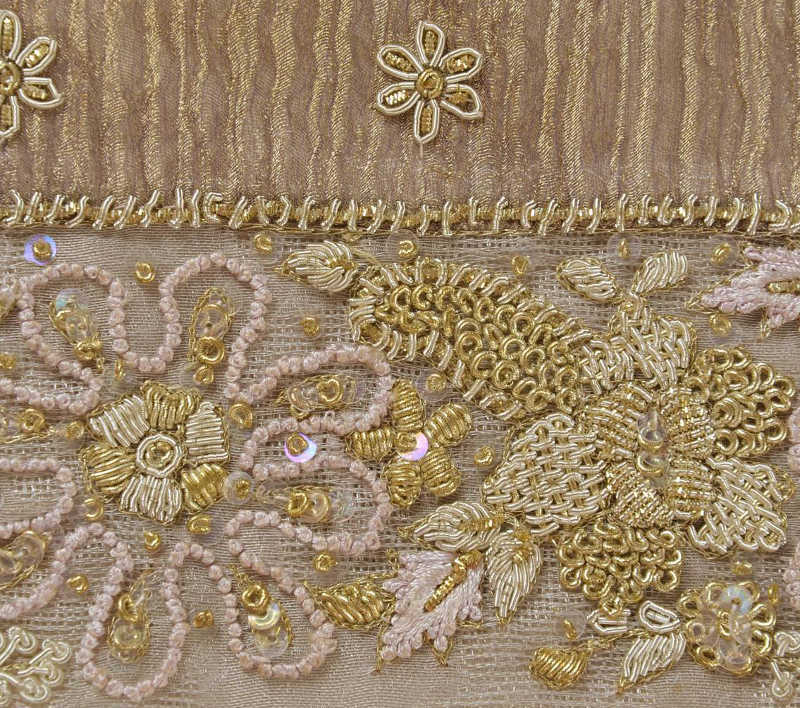===
0611,
1
===

=== |
 |
FWP:
SETS == BHI
MOTIFS == WINE
NAMES
TERMS == MEANING-CREATION; PARADOXNote for grammar fans: The rhyming elements in this ghazal basically consist of the perfect participle of various verbs (except for {611,3} which enjoyably surprises us by avoiding the construction). The effect of the perfect participle is to convey continuing effects of an action: piye huʾe is 'in a state of having drunk', while the more common pī kar simply refers to the action itself: 'having drunk'. Similarly, sar ko liye huʾe is 'in a state of having taken the head'-- that is, 'carrying the head'. I'm always surprised at how many Urdu students don't understand participles very well.
Note for translation fans: With a word like dārū , about which SRF makes such a strong case for its colloquial roughness, it's tempting to think of slang words like 'booze'. The basic reason to resist the temptation is that almost all such slang is extremely local both in space (including social space) and in time (it changes constantly). And hardly anything sounds more obtrusive and foolish than a really wrong slang word forced into a context where it doesn't at all fit. I could give some awful examples, but I'll refrain. Translators (and language students), take note: it is really hard to fully command the slang of a place and time that is not your own! Almost always, you'll be better off with something simple and relatively standard.